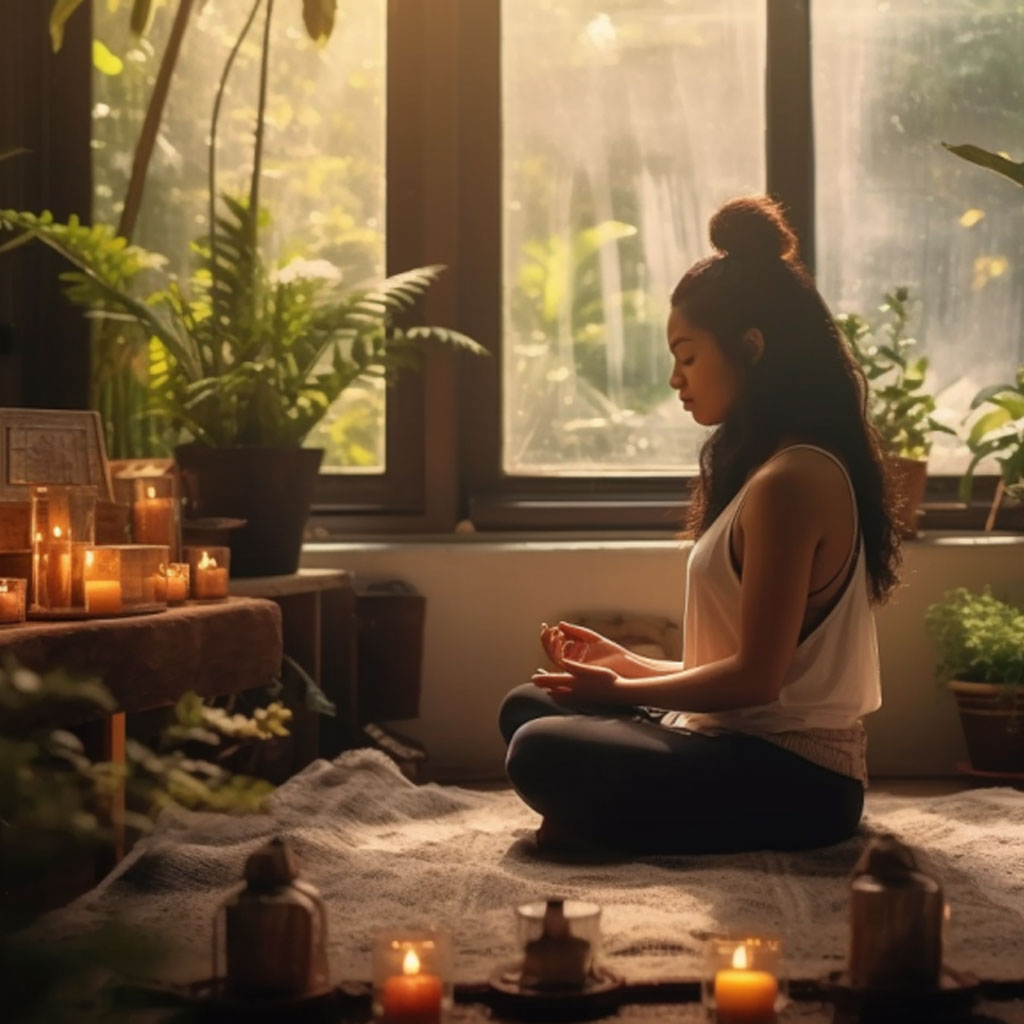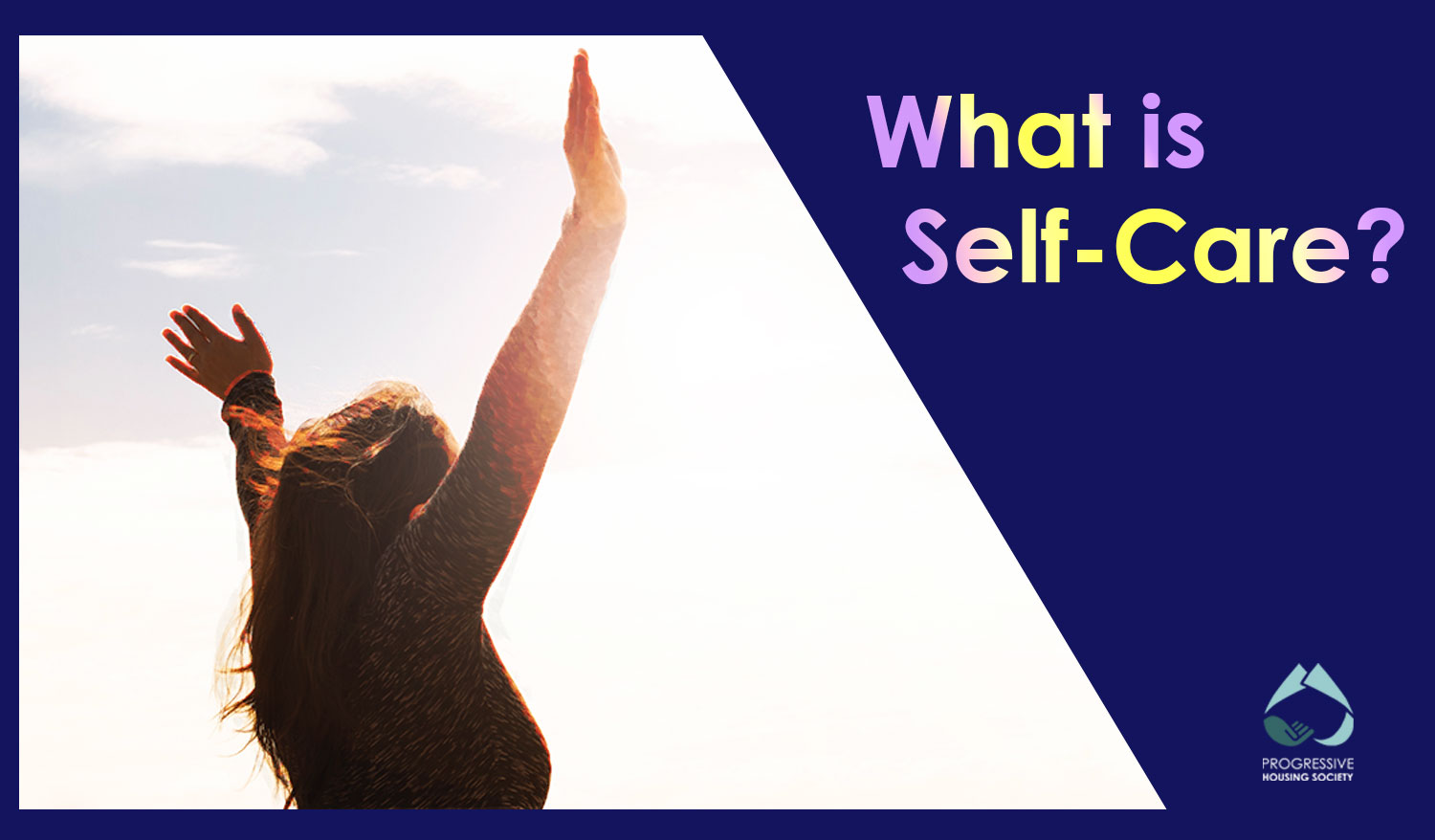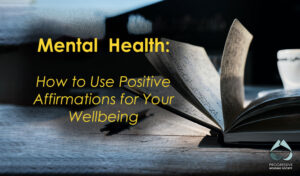What is Self-Care? And Why is it Important?
-
by
 PHS
PHS
Do you engage in self-care? How much time do you spend on yourself a day? Do you feel guilty about it?
Many of us have so many responsibilities in life that we forget to take care of our personal needs. While it is hard to prioritize something like taking time to relax when you have so many other things on your to-do list, good self-care is a key to improved mood and reduced anxiety. It’s also a key to a good relationship with oneself and others.
What is Self-Care?
Self-care is a deliberate practice aimed at nurturing one’s mental, emotional, and physical well-being. It involves a conscious effort to allocate time and energy to focus on oneself, ensuring that your own needs are met. This isn’t a selfish act; rather, it’s a fundamental step in maintaining a balanced and healthy life.
The concept of self-care extends beyond just pampering yourself or indulging in leisure activities. It’s about creating an environment where you can thrive and meet life’s challenges head-on. This often involves setting boundaries, managing stress, and even seeking professional help when needed. It’s about recognizing your limitations and understanding that you can’t handle everything on your own.
Accepting help from others is an integral part of self-care. Recognizing the need for outside help is a sign of strength, not weakness. It’s a way to equip yourself with the resources you need to succeed in various aspects of life.

Fostering connections with those around you can also serve as a form of self-care. Building meaningful relationships is good for your emotional well-being and offers valuable support when you’re in need. These connections can offer emotional sustenance, practical advice, and different perspectives, all of which contribute to a more balanced and fulfilling life.
What isn’t?
Knowing what self-care is not might be even more important. It is not something that we force ourselves to do and don’t really enjoy doing it. Taking care of our own needs can sometimes be confused with self-indulgence or selfishness, but it is neither of those. In order to be able to help others, we need to be energized and feel positive. If we are not making this practice a daily ritual, then we are not being the best we can for ourselves or for anyone else. It’s not about only considering our needs; it is rather about knowing what we need to do in order to take care of ourselves, being subsequently, able to take care of others as well.
Self-care is not about pleasing everyone. So many of us might try to do this. Sometimes we do this without even realizing it and at the expense of our own health and happiness. It is a common mistake for caretakers to be too focused on the needs of others at the expense of attending to their own needs. Not only is overextending yourself for others not helpful to you, it can be bad for all parties in the end. Exhaustion can lead to mistakes in the short term. In the long-term the over-extending can have life-altering health complications.
Proper self care isn’t about jumping from one fad diet to the next or obsessively working out in an effort to create a chiseled body either. Exercise as self-care works when it’s about feeling good, healthy, and self-confident, not when it’s about heading to the gym with the sole intension of burning off the four donuts you treated yourself to at work because you want to be bikini-ready by the weekend.
Why Self-Care is Important?
We are less able to handle the stresses that come our way when we’re already depleted by physical and emotional exhaustion. Or, putting it in a more positive way, we are more resilient and more able to handle life’s stress when we are feeling our best both physically and emotionally. Thus, taking time out to maintain self-care has several benefits: affecting your physical health, emotional health, and makes you a better caregiver.
Self-care is important to maintain a healthy relationship with yourself, sometimes called self-love. It produces positive feelings, which improves confidence and self-esteem too.
Self-care is important for your family and friends too. They learn from you, so setting functional boundaries to take care of yourself shows them that they too need to put themselves first and not overextend or overwork.
Importance of Taking Care of Yourself When Experiencing Anxiety
According to a study done by Shepardson, Tapio, and Funderburk at VA Center for Integrated Healthcare, Syracuse VA Medical Center (2017), the majority of individuals with anxiety disorder do not seek or receive formal mental health treatment. Among those perceiving a need for care, the most common reason for not seeking treatment is desire to handle the problem on their own.
Anxiety, a state of uneasiness or apprehension toward a vague or nonspecific threat, can be treated through self-care activities.
Another study by Halm (2009), has found that relaxation is an integrative therapy that calms the mind and body by reducing sympathetic nervous system activity on patients with anxiety problem. The resultant relaxation response is characterized by lower respiration, heart rate, blood pressure, myocardial oxygen consumption, and muscle tone. The beauty of relaxation is that it can be used in any setting, and only a basic set of instructions and a quiet, comfortable environment are needed.
How to Start?
Although self-care means different things to different people, there are three golden rules to be followed:
- Stick to the basics. Over time you will find your rhythm and routine. You will be able to implement more and identify more particular forms of self-care that works for you.
- Self-care needs to be something you actively plan, rather than something that just happens. It is an active choice and you must treat it as such. Add certain activities to your calendar, announce your plan to others in order to increase your commitment, and actively look for opportunity to practice self-care.
- If you don’t see something as self-care or don’t do something in order to take care of yourself, it won’t work as such. Be aware of what you do, why you do it, how it feels, and what the outcomes are.
As You Need Self-Care, Others Need It Too!
It is important to make sure you take good care of your body, mind, and soul every day, not just when you get sick. Practicing self-care isn’t always easy and it can be challenging to get started. Fortunately, there are many things you can do to engage in self-care.
No matter which practices you choose, the goal is to figure out which self-care strategies work best for you, learn how to use these strategies, and implement them in your regular routine so you can boost your well-being not only today but forever. Support the well-being of others by sharing this article. Help others understand the importance of self-care and how it can impact health.
References
Baratta, M. (2018). Self Care 101. Retrieved from Psychology Today: https://www.psychologytoday.com/ca/blog/skinny-revisited/201805/self-care-101
Halm, M. A. (2009). Relaxation: A Self-care Healing Modality Reduces Harmful Effects of Anxiety. American Journal of Clinical Care .
Michael, R. (2018). What Self-Care Is – and What It Isn’t. Retrieved from PsychCentral: https://psychcentral.com/blog/what-self-care-is-and-what-it-isnt-2/
Pedroja, C. (2019). 7 things that are good examples of self-care and 7 things that aren’t. Retrieved from The List: https://www.thelist.com/80882/things-that-are-good-examples-of-self-care-and-things-that-arent/
Roberts, E. (2015). Why Self-Care is Important for Your Physical and Mental Health. Retrieved from HealthyPlace: https://www.healthyplace.com/blogs/buildingselfesteem/2015/09/why-self-care-is-important-for-your-mental-physical-health
Scott, E. (2019). Why Self Care Can Manage Stress. Retrieved from verywellmind: https://www.verywellmind.com/importance-of-self-care-for-health-stress-management-3144704
Shepardson, R. L., Tapio, J., & Funderburk, J. S. (2017). Self-Management Strategies for Stress and Anxiety Used by Nontreatment Seeking Veteran Primary Care Patients . Military Medicine.


